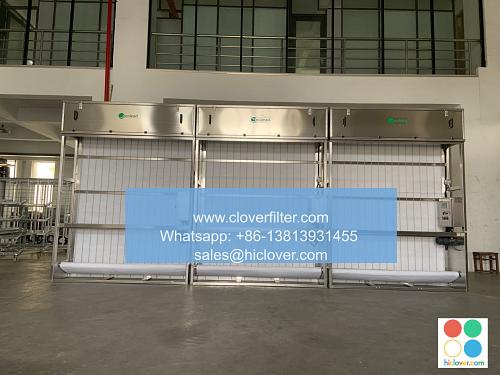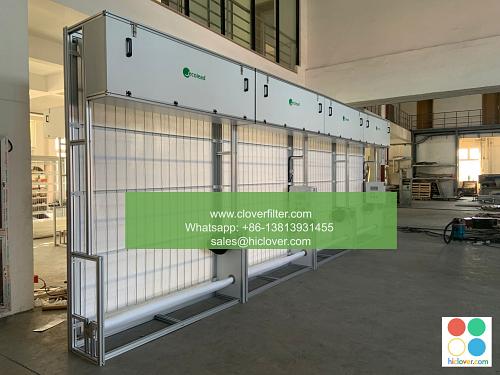Air Filter Production: Regulatory Compliance in Europe

The production of air filters is a significant industry in Europe, with a wide range of applications in various sectors, including industrial air filtration, commercial HVAC systems, and automotive air filtration. As the demand for clean air continues to grow, air filter manufacturers must comply with stringent regulatory requirements to ensure the quality and performance of their products. In this article, we will explore the regulatory compliance landscape for air filter production in Europe, highlighting various application areas and key industry standards.
Regulatory Framework
The European Union (EU) has established a comprehensive regulatory framework for air filter production, which includes EU directives, regulations, and standards. The European Standardization Committee (CEN) and the International Organization for Standardization (ISO) play a crucial role in developing and implementing industry standards for air filters. Manufacturers must comply with these standards to ensure their products meet the required performance criteria, including filtration efficiency, pressure drop, and durability.
Application Areas
Air filters are used in various application areas, including:
- Industrial air filtration: Air filters are used to remove particulate matter, gases, and vapors from industrial processes, ensuring a safe and healthy working environment.
- Commercial HVAC systems: Air filters are used to maintain indoor air quality and prevent the spread of airborne diseases in commercial buildings, such as offices, schools, and hospitals.
- Automotive air filtration: Air filters are used to improve engine performance and reduce emissions in vehicles.
- Residential air filtration: Air filters are used to improve indoor air quality and reduce allergens in residential buildings.
- EN 779:2012: This standard specifies the requirements for air filters used in general ventilation systems.
- EN 1822:2019: This standard specifies the requirements for HEPA filters used in high-efficiency air filtration systems.
- ISO 16890: This standard specifies the requirements for air filter testing and classification.
Key Industry Standards
Some of the key industry standards for air filter production in Europe include:
Conclusion
In conclusion, the production of air filters in Europe is subject to stringent regulatory requirements, which ensure the quality and performance of these products. By complying with relevant industry standards and regulations, manufacturers can ensure their air filters meet the required performance criteria and are suitable for various application areas. As the demand for clean air continues to grow, the importance of regulatory compliance in air filter production will only continue to increase, driving innovation and excellence in the industry. Prompt


